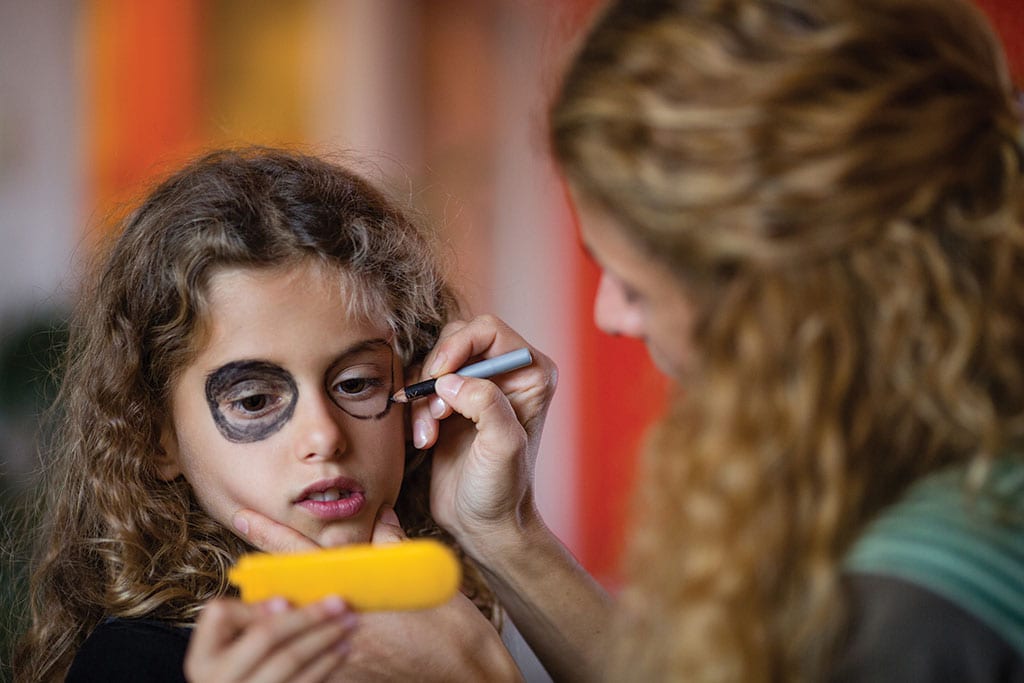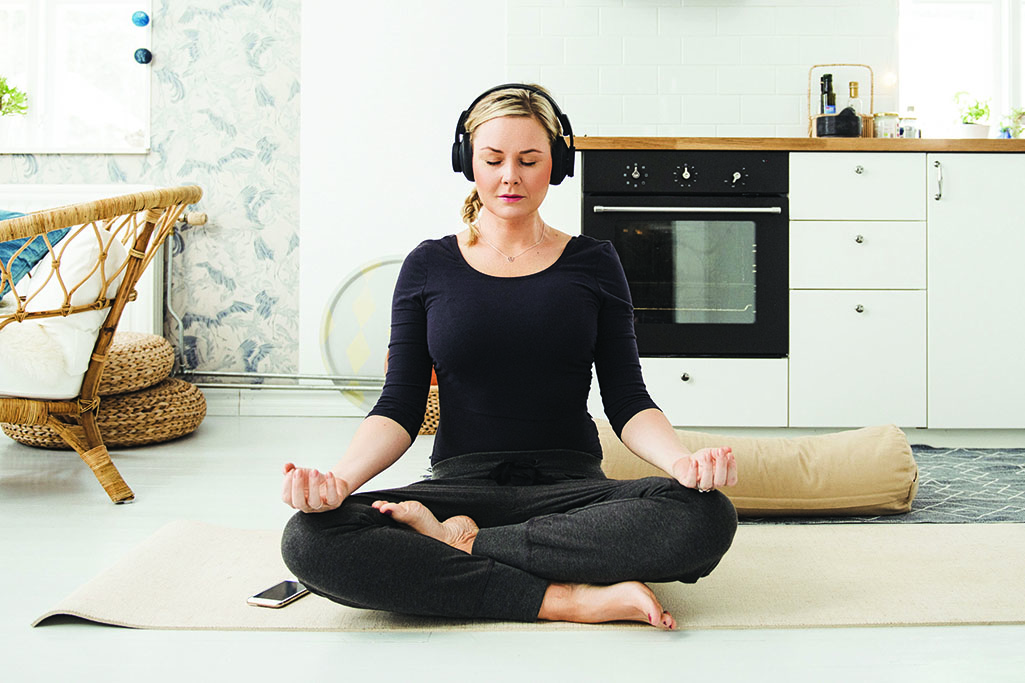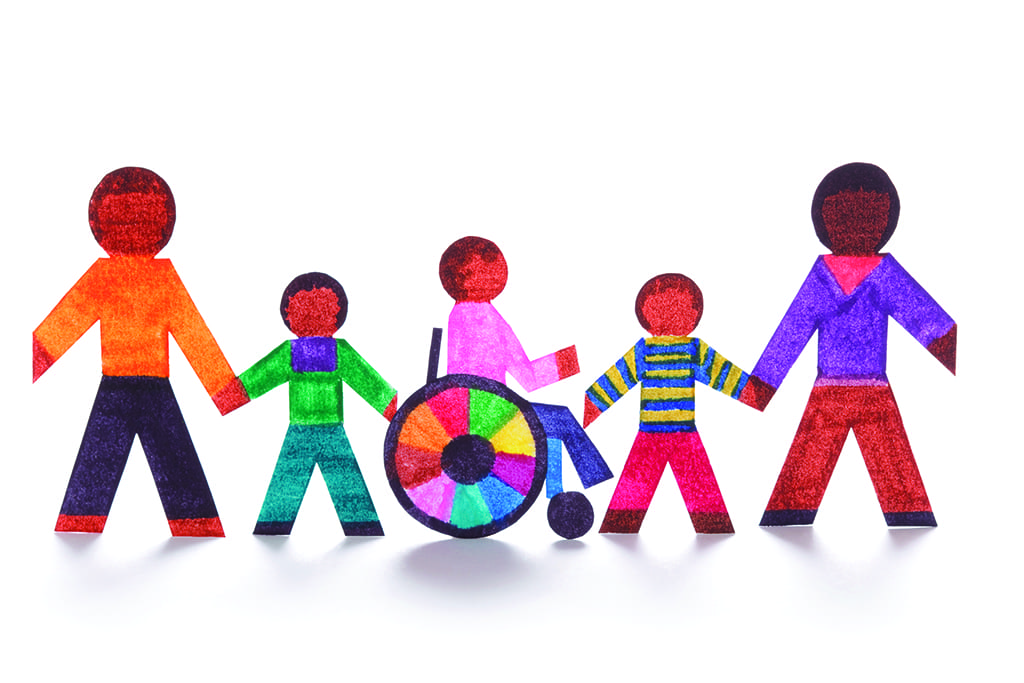8 Soothing Ways to Relax Intense Kids

Kids who are tightly wound can be exhausting; they might chronically overreact, demand constant attention, or seem like they are annoying you on purpose. In reality, they are overwhelmed and need help to get grounded.
Try focusing on relaxation instead of behavior management. Rewards and consequences are important in parenting. However, they work best when a child is in a calm state that educators call “available for learning.” Anxiety impairs the brain, activating the fight-or-flight functions and inhibiting the areas that communicate, make plans and solve problems. Stress also hampers impulse-control, making tense kids act defiant.
Teaching relaxation may turn things around with your child now, and equip him to face stress wisely for the rest of his life.
Start by providing soothing activities every day with the eight soothing stimuli listed below. Tell your child how much you enjoy these relaxing moments and compliment him when he shows calm in other situations.
Table of Contents
Physical Exertion
- Biking, hiking, jogging or tag
- Climbing, wrestling or tug of war
- Pulling a loaded wagon
- Piggyback rides or wheelbarrow races
- Bouncing on a trampoline or exercise ball
Mindful Movement
- Yoga, dance or martial arts
- Equipment that swings, spins or rocks
- Fast and Slow Game: Sprint on the spot for 10 seconds, then be still for 10. Repeat three times. Notice the changes in your breath and body.
- Progressive Muscle Relaxation: Tense your feet tightly for a slow count of 10, then relax for 10. Notice the difference in sensations, such as heaviness, heat, tingling, etc. Continue with legs, buttocks, stomach, shoulders, arms, hands, neck and face.
Breath Awareness
- Blow bubbles or dandelion fuzz, and watch them float away
- Blow through a straw to spread puddles of paint
- Blow on each other’s skin or hair
- Lie on your back with a toy on your belly, and give it a gentle ride up and down with deep breaths
- Take turns listening to your partner’s chest while he breathes deeply
Calming Food
- Eat mindfully, noticing how the food looks, feels, smells, sounds and tastes
- Prepare and eat fragrant produce or baked goods together
- Quietly drink thick liquids through a straw, or eat crunchy or chewy food
- Keep blood sugar and moods even with complex carbohydrates (fruit and whole grains) and protein in every meal and snack.
Water
- Fill a sink or tray with water and add bubbles, toys, food coloring, etc.
- Run through the sprinkler; feel the contrast of hot sun and cool water
- Go swimming; paddle vigorously and float serenely
- Soak in a hot tub, bath, or pool
- Have a water fight, or cool off with a misting bottle
Sensory Play
- Bury hands in a dry bin filled with sand, rice or beans
- Drive toys through a wet plate of shaving cream or finger paint
- Practice copying each other’s rhythms with clapping, stomping and instruments
- Play with pinwheels, sand or water timers, or a calming glitter bottle
- Close your eyes and guess objects by their feel, smell, sound or taste
Music
- Burn off excess energy with fast, upbeat music
- Cultivate calm with lullabies, classical, folk or reggae genres
- Play music in the background during playtime or chores
- Fall asleep to a mellow playlist
- Dance, sing, play or have a parade
- Listen quietly while cuddling or hiding out in a fort
Nature
- Romp around the playground
- Have a bug safari or outdoor obstacle course
- Make mud pies or a Fairy Garden
- Eat outside
- Gather leaves or sticks for crafts, or sketch interesting specimens
- Go camping in the backyard
– Laurie Zottmann







